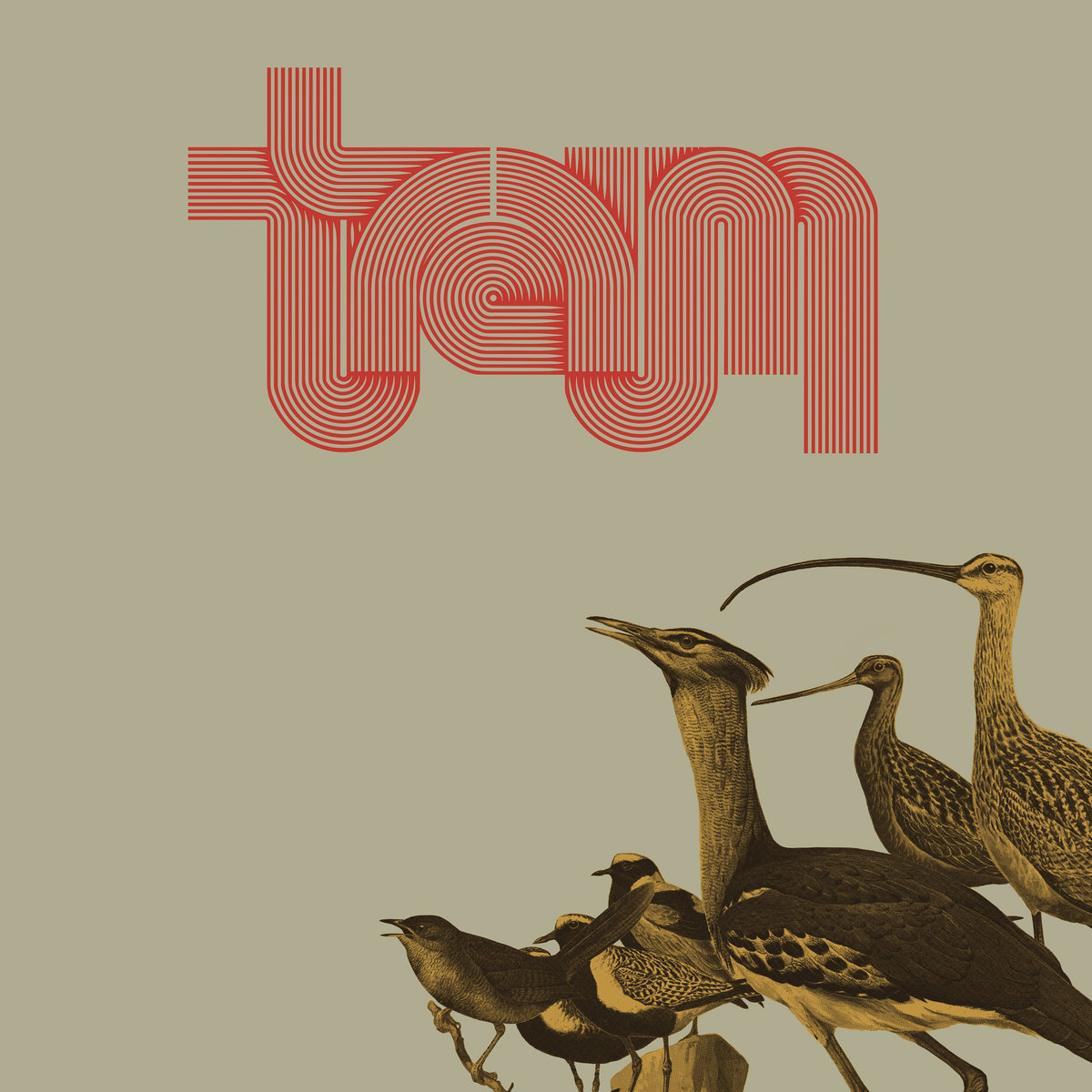TRAUM, Traum

I Traum nascono dall’incontro tra musicisti della Fuzz Orchestra e Zeus! (Luca Ciffo e Paolo Mongardi) con altri esponenti dell’underground italiano: Lorenzo Stecconi (Lento) e Luca Mai (Zu). Nei Traum troviamo perciò rappresentata una bella fetta della musica strumentale più oscura della storia recente dello Stivale e non stupisce che l’ispirazione cada non troppo lontano dalle band citate. Traum ricorda, tra le altre cose, Silver Haze degli SQÜRL, proprio per le derive ribotiane (“Vimana”), anche se gioca anche con episodi più space-stoner (“Kali Yuga”). Per il resto, i Traum si posizionano in quella nobile tradizione psichedelica europea, vicina alle sue incarnazioni più recenti, sia per quanto riguarda la Italian Occult Psychedelia (“Katabasis”) e il catalogo di Boring Machines, ma anche il kraut tedesco rivisitato (“Inner Space”, che sembra un pezzo dei Camera); come da manuale, c’è l’estasi ambientale (“Antarctic Dawn” ed “Erwachen”) e il pezzo costruito sul ritmo (“Infernal Dub”, appunto). E i Traum tengono fede a questa nobile tradizione: ne viene fuori un disco dal sapore cinematografico, lento e oscuro, e che disvela paesaggi sonori di desolazione e mistero.
